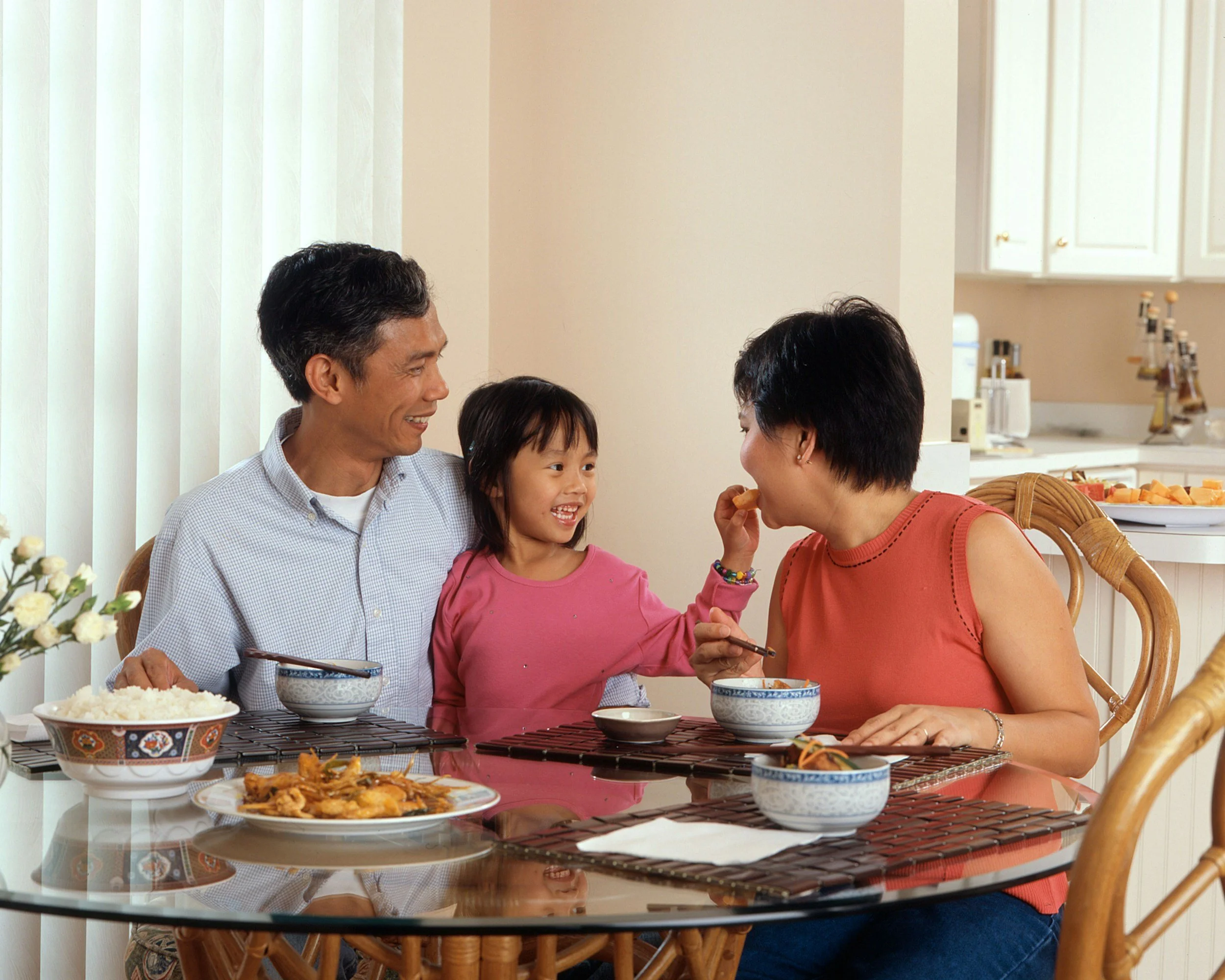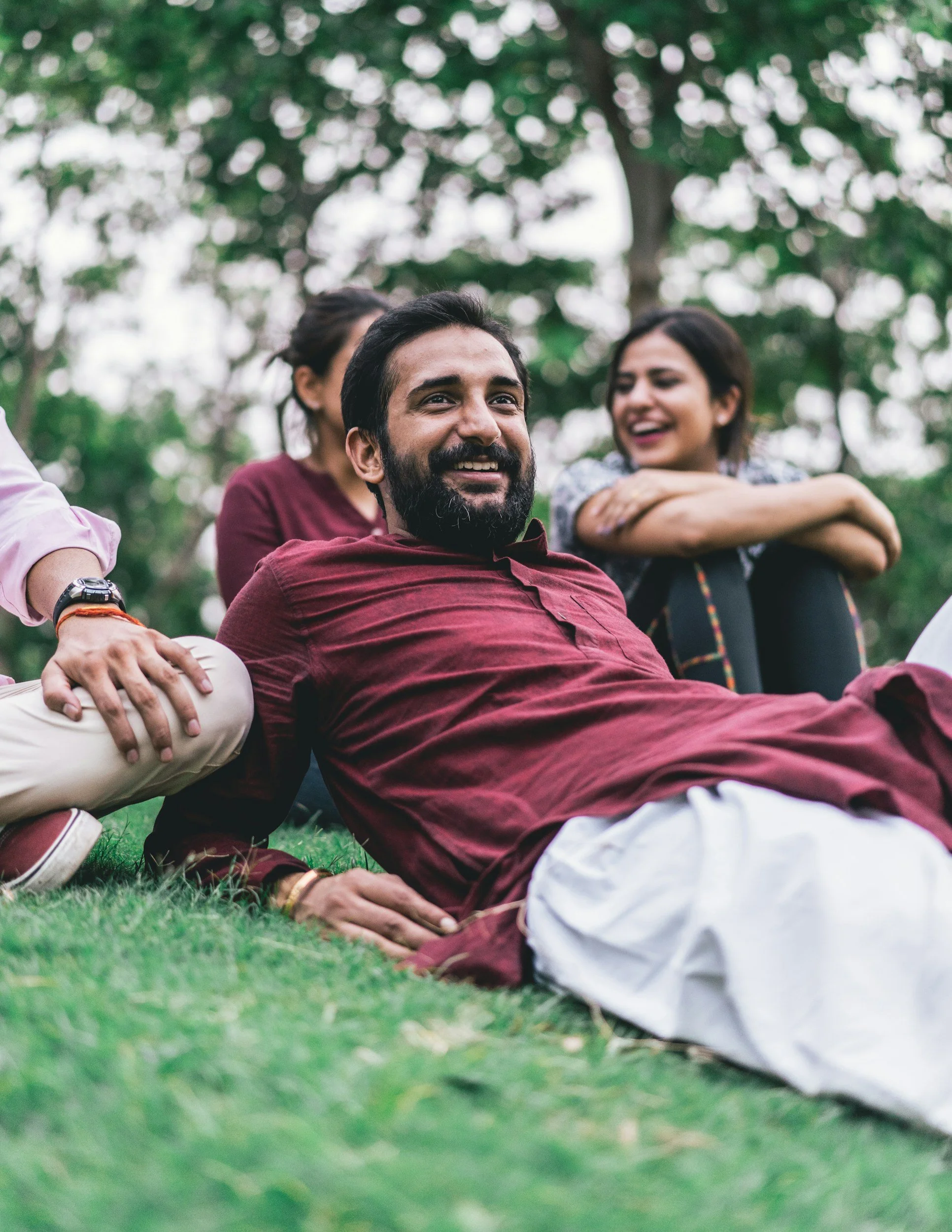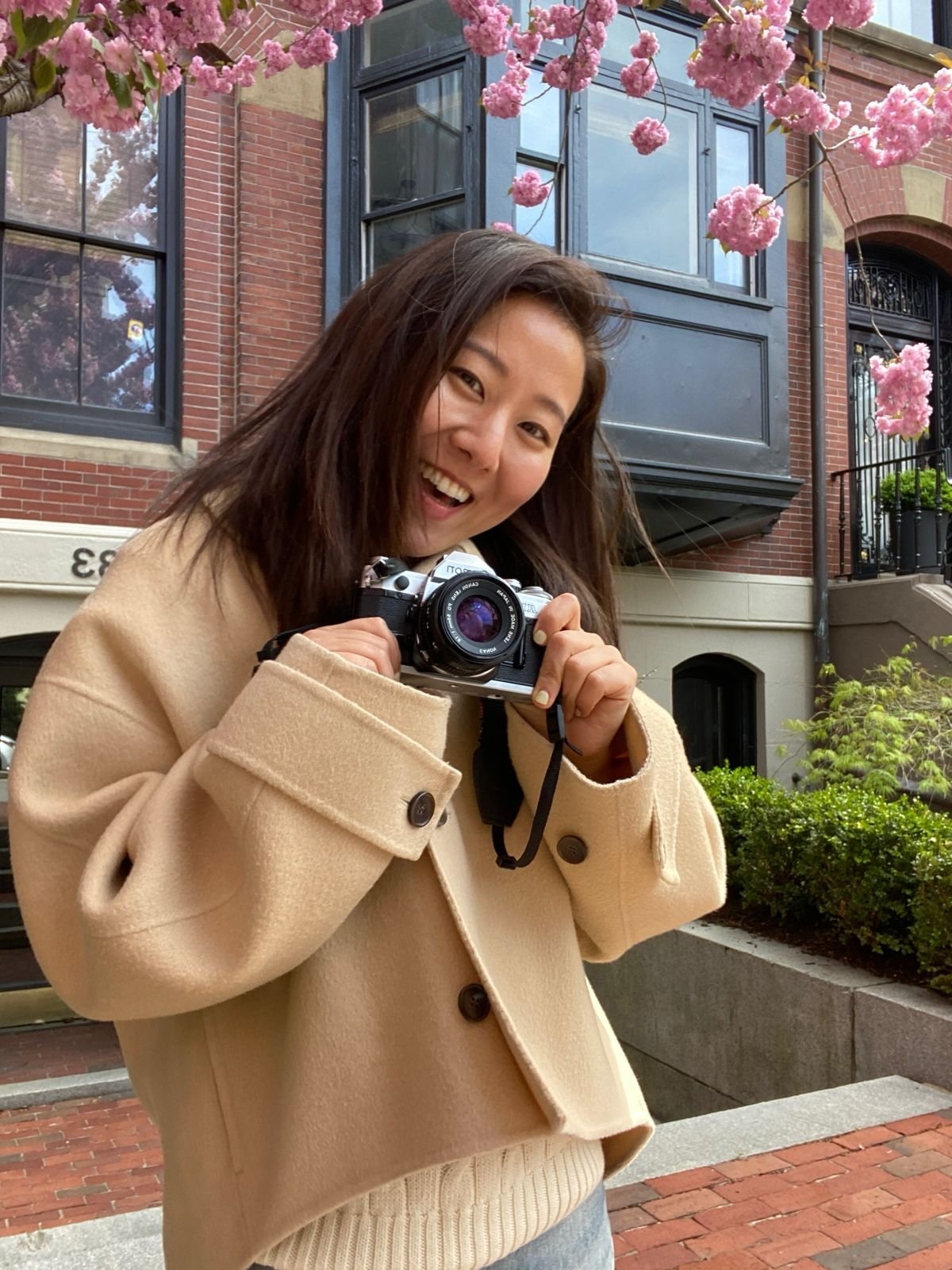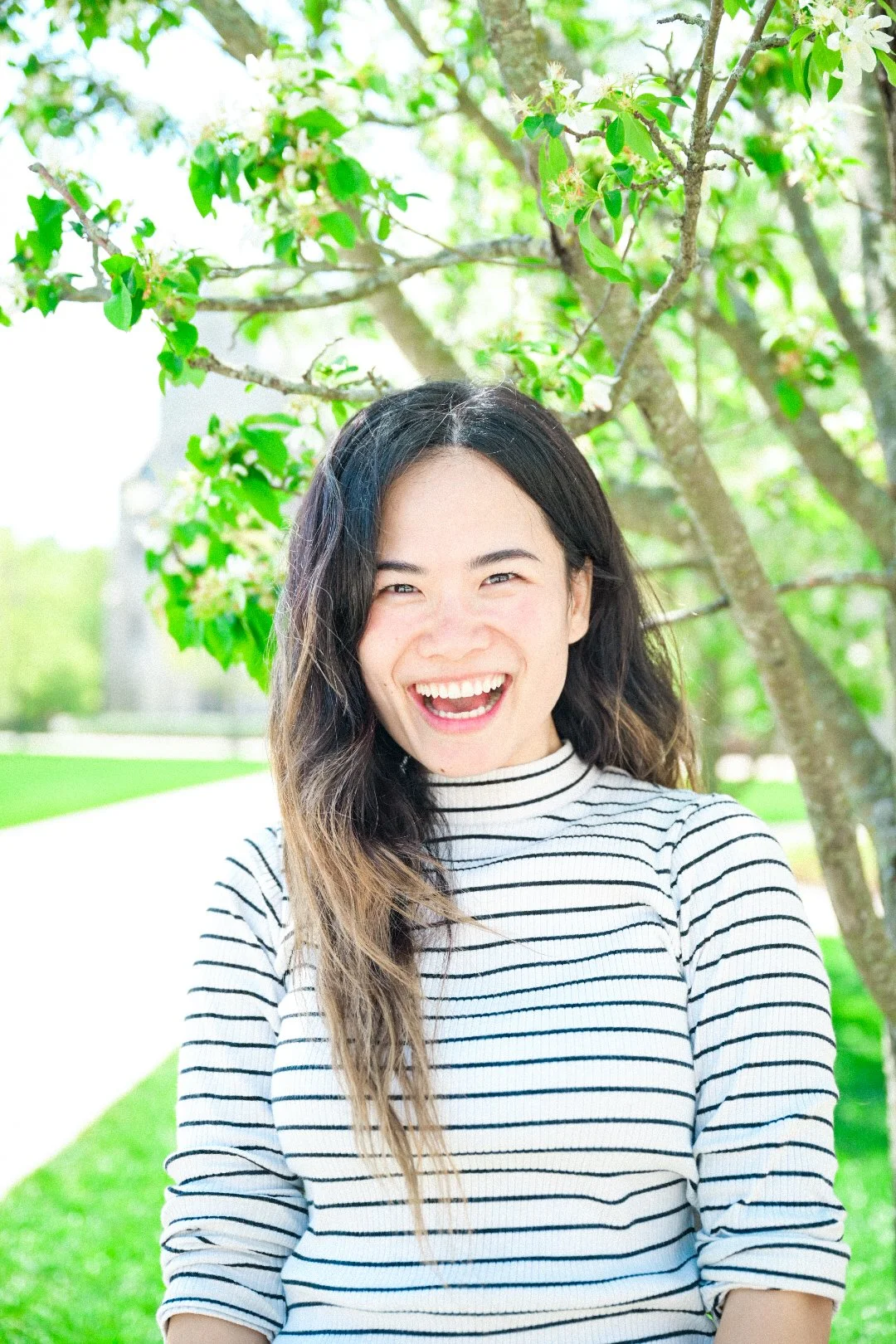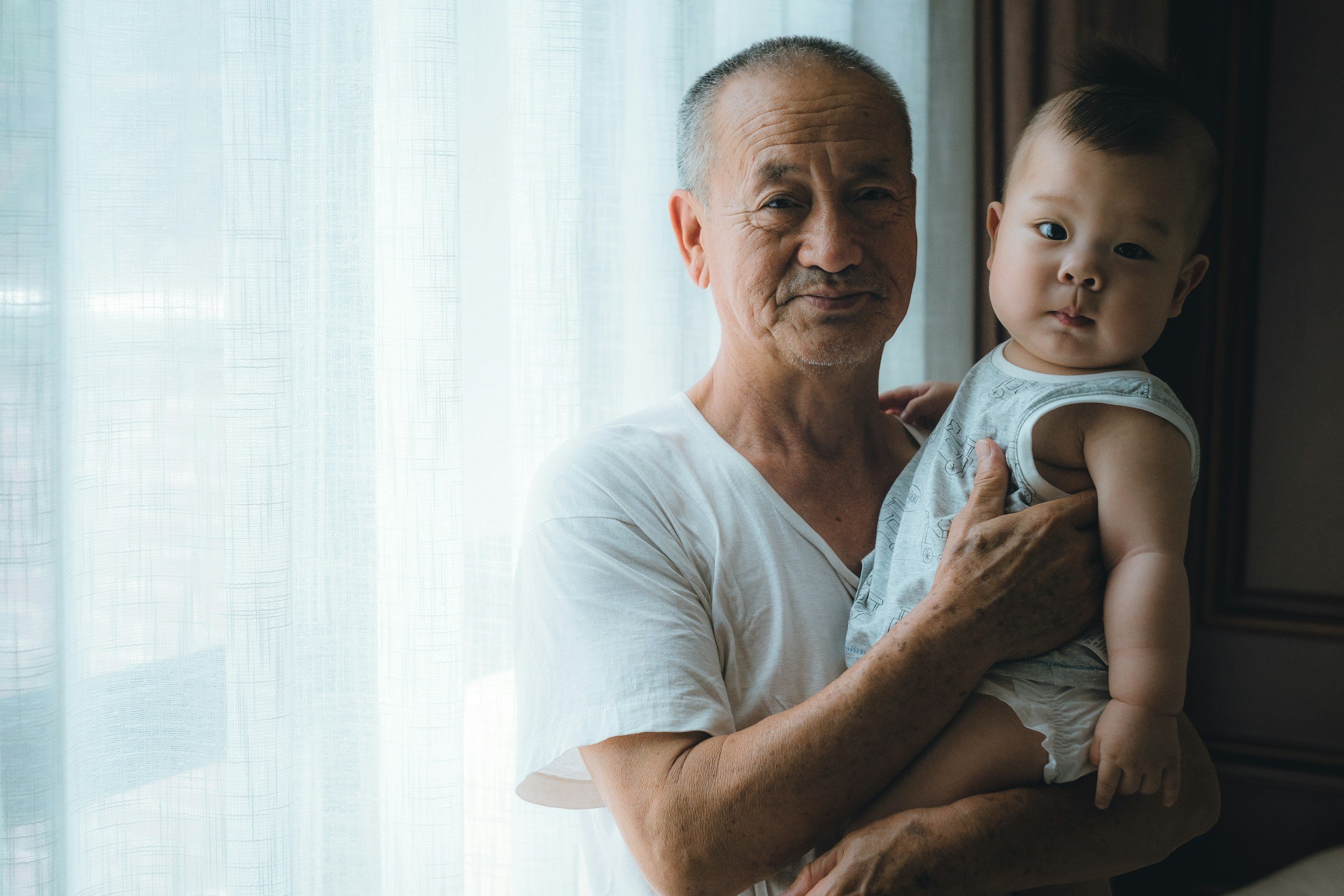
Free Virtual Workshop for Unlearning People-pleasing in Asian Families
August 16th, 2025
10 am – 11 am EST
Unlearn People-pleasing in Asian Families
Feel like you're always the responsible one? Struggle to say no without guilt, especially around family? You’re not alone.
This free one-hour virtual workshop is for Asian and Asian American adults who often find themselves overcommitting or putting others first. Together, we’ll explore the cultural and emotional roots of people-pleasing, and how to begin reclaiming your boundaries with compassion and care.
This is a gentle, inclusive space to reflect on the cost of always being the “good one,” and to practice self-validation in community. You don’t need to have it all figured out. Just come with curiosity and a willingness to begin.
Why Explore People-pleasing in Asian Families?
People-pleasing is often more than a personality trait. In many Asian families, it is deeply tied to cultural values like filial piety, collectivism, and emotional restraint. For some, this shows up as chronic over-apologizing, avoiding conflict, or constantly putting others first to maintain harmony.
Understanding and unlearning people-pleasing can help:
Reduce burnout from overcommitting
Rebuild a sense of self-worth not tied to performance
Improve communication and emotional boundaries
Lessen guilt or anxiety around saying “no”
Create space for your needs, not just others’ expectations
A 2025 study titled The Mental Health Implications of People-Pleasing: Psychometric Properties and Latent Profiles of the Chinese People-Pleasing Questionnaire (Kuang et al., 2025) found that individuals with high people-pleasing tendencies reported significantly lower psychological well-being.
The study, which surveyed over 2,200 Chinese university students, validated a 13-item scale that identifies people-pleasing across thought, behaviour, and feeling dimensions. Four distinct profiles emerged, from mild to severe. The more severe the people-pleasing tendencies, the lower the individual’s mental well-being.
In Chinese cultural contexts, people-pleasing is not just a personal trait but a learned survival strategy. It is often reinforced through family dynamics, academic pressure, and social messaging that equates being “good” with self-sacrifice. This can lead to emotional exhaustion, anxiety, loneliness, and a loss of self-worth, especially when individuals feel unable to express boundaries or prioritise their own needs.
Learning to unlearn people-pleasing is not about rejecting our families or cultural values. It is about creating space to honour our needs without guilt. In this workshop, we’ll explore how people-pleasing shows up in Asian families, why it’s so hard to stop, and what healing can look like.
Who Is This Workshop For?
This space is for you if:
You and your partner want to deepen emotional connection and communication
You’ve struggled with feeling misunderstood, shut down, or stuck during conflict
You’re curious about exploring your relationship in a creative, non-judgmental way
You value mental health support that affirms identity, culture, and neurodiversity
You’re navigating the stress of everyday life, transitions, or past experiences together
You’re looking for a gentle first step into couples therapy or just want to reconnect intentionally
This workshop welcomes couples of all identities and backgrounds.
Meet Your Facilitators
Haerim Ma, MSW, LCSW
Associate Psychotherapist
Haerim is a licensed clinical social worker who brings a trauma-informed, relational, and culturally responsive lens to her work with adults navigating anxiety, life transitions, burnout, and identity exploration. As a Korean immigrant, she holds deep respect for the ways that culture, family, and language shape how we experience the world and how we heal.
She incorporates identity-affirming and culturally attuned practices that create space for the complexities of race, migration, gender, and intergenerational experiences.
Haerim is especially passionate about supporting clients who feel stuck between conflicting expectations, whether from family, culture, or within themselves. Her therapeutic work focuses on building clarity, self-trust, and the capacity to set boundaries with both courage and compassion.
Clients often describe Haerim’s presence as steady, gentle, and thoughtful. She believes therapy is not just about coping with pain, but also reconnecting with your values, creativity, and capacity for joy. Whether you're seeking support around emotional overwhelm, cultural dissonance, or simply trying to live more intentionally, Haerim meets you where you are with care, nuance, and respect for your unique story.
Yanyi Weng, MSW, LICSW
Founder, Clinical Director, and Psychotherapist
Yanyi is a licensed clinical social worker, psychotherapist, and the founder of Dear Therapy. As a Taishanese Chinese immigrant raised in Boston’s Chinatown, Yanyi brings a deep commitment to community care, cultural responsiveness, and trauma-informed healing. Her specialties include anxiety, ADHD, racial identity, grief, sexuality, and mood-related concerns, with a focus on BIPOC and LGBTQIA+ clients.
With a background in psychodynamic and narrative therapy, Yanyi integrates humor, honesty, and creative practices into the therapeutic process. She believes in co-creating spaces where people can show up fully, unlearn internalized narratives, and build confidence in who they are. Her passion for improv stems from its power to soften social anxiety, nurture spontaneity, and help people access joy and presence in ways that traditional therapy sometimes can't.
Workshop Details
Workshop Length: 1 hour
Date: 16th August 2025
Time: 10 am EST
Check-in Time for Tech: We’ll share this in your calendar invite before the session.
Participant Info
Who Can Join: Asian and Asian American adults of all gender identities who find themselves overcommitting, struggling to say no, or constantly putting others first.
Fee: Free Workshop
-
A gentle welcome into the space, with a brief introduction to the workshop and a low-pressure icebreaker to help participants feel grounded, seen, and connected.
-
Defining People-pleasing in Cultural Context
The Cost of Being "The Good One"
Reframing Boundaries
-
Participants are invited to reflect and share in a supportive space. Facilitators will model self-validation and offer affirming responses rooted in care and collective understanding.
-
End with a brief summary, grounding exercise, and a list of free or low-cost mental health resources for continued support.



